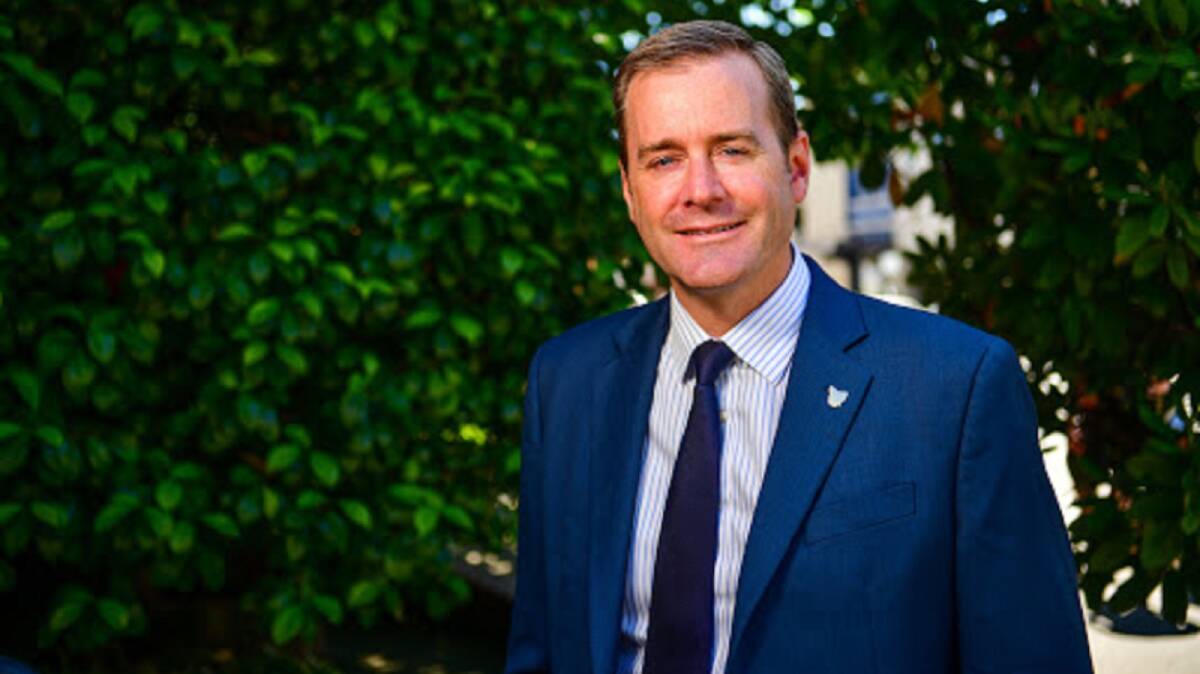
The state government has offered King Island Scheelite a $10 million loan to help it reopen a mine on the island which has been closed since 1992.
Subscribe now for unlimited access.
$0/
(min cost $0)
or signup to continue reading
The company has a plan to develop an eight-year open cut mine which is intended to produce 400,000 tonnes of scheelite ore, a form of tungsten, each year.
It says all relevant approvals for open cut mining, including environment approvals, had been granted.
IN OTHER NEWS:
- WA risk locations added, Premier addresses NZ travel bubble, vaccine rollout
- Fears of rapid rent increases as moratorium ends in Tasmania
- 'One of the lucky ones': Youngtown man's leukaemia battle
- Requests for information in Tasmania date back to 2017 without resolution
- Tasmanian businesses urged to prepare for JobKeeper to end as government remains steadfast
State Growth Minister Michael Ferguson said the project at Grassy was estimated to create 90 full-time equivalent jobs during its construction and 55 ongoing full-time equivalent jobs.
He said the loan, repayable over 10 years, would allow the company to continue the additional capital-raising necessary for the project to proceed.
"The loan remains subject to formal loan and security documentation being agreed and executed, and includes a number of conditions that must be satisfied prior to the release of funds," Mr Ferguson said.
"It would be great to see a clever, job-creating mine up and running again under this proposal, producing significant social and economic benefits for the King Island community."
King Island Scheelite executive chairman Johann Jacobs said the loan would significantly enhance the company's financial strength and flexibility.
"Tungsten is a strategically significant metal and a key input to industries that are vital to national security," he said.
"We note that several Western governments have recently identified a crisis in the supply chain for critical minerals, particularly tungsten, for which North America currently has no mines in production.
"This funding empowers us to continue our development program at Dolphin, which hosts one of the few high quality tungsten deposits remaining in the Western world."


